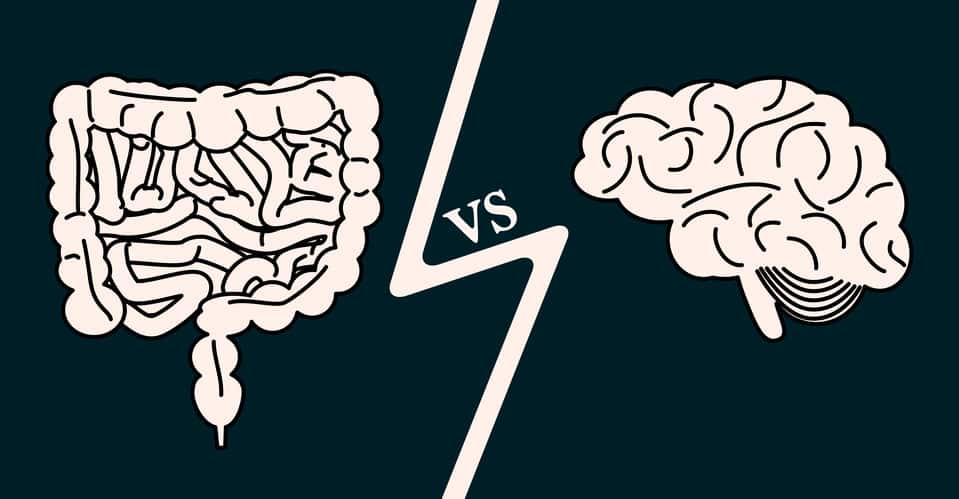By John Salak –
As if the benefits of maintaining gut health needed any more boosts, research pouring out of France and Switzerland in the last few weeks claims that weakened gut microbiota can lead to depression and perhaps contribute to the onset of Alzheimer’s Disease.
Battling both medical issues effectively is critically important. More than 250 million people worldwide suffer from depression and researchers of the Institut Pasteur, among other France research centers, have found that an imbalance in the gut bacterial community can lead to a reduction of metabolites which will trigger depressive-like behaviors.
The researchers effectively identified a link between mood disorders and damage to the gut microbiota. More specifically, they found a correlation between the gut microbiota and the effectiveness of fluoxetine, a molecule frequently used as an antidepressant. They were able to determine this by studying the microbiotas of healthy animals and animals with mood disorders.
“Surprisingly, simply transferring the microbiota from an animal with mood disorders to an animal in good health was enough to bring about biochemical changes and confer depressive-like behaviors in the latter,” reported Pierre-Marie Lledo, the joint author of the study and a member of the Institut Pasteur.
Conversely, by reversing the process and transferring healthy microbiota to animals suffering from poor moods, the French researchers were able to lift the depressive-like behaviors in those animals.
The researchers concluded that identifying healthy bacteria related to this mood-altering connection could help create a new form of antidepressant.
“This discovery shows the role played by the gut microbiota in normal brain function,” Gérard Eberl, a joint author of the study, pointed out.
Swiss research on gut microbiota revealed another essential reason to support gut health by confirming it can offset Alzheimer’s disease. They concluded that poor gut health can play a role in the development of amyloid plaques in the brain, which are at the origin of Alzheimer’s.
Scientists have long suspected a connection between gut health and Alzheimer’s, but a wide-ranging study headed by the Université de Genève confirmed that an imbalance of gut microbiota can trigger the disease.
“We have already shown that the gut microbiota composition in patients with Alzheimer’s disease was altered, compared to people who do not suffer from such disorders,” reported Giovanni Frisoni, director of the HUG Memory Centre. “Their microbiota has indeed a reduced microbial diversity, with an over-representation of certain bacteria and a strong decrease in other microbes.”
He went on to note that they also discovered an association between inflammation in the blood, certain intestinal bacteria and Alzheimer’s disease, which resulted in the research team working to determine whether inflammation in the blood is a mediator between the microbiota and the brain.
The team based its finding on data from 89 people between 65 and 85 years old, some who had no problems and others suffered from Alzheimer’s or other neurodegenerative diseases.
“Our results are indisputable: certain bacterial products of the intestinal microbiota are correlated with the quantity of amyloid plaques in the brain,” reported Moira Marizzoni. “Indeed, high blood levels of lipopolysaccharides and certain short-chain fatty acids (acetate and valerate) were associated with both large amyloid deposits in the brain. Conversely, high levels of another short-chain fatty acid, butyrate, were associated with less amyloid pathology.”
Their results may be the first steps towards developing highly innovative protective strategies centered on ways to build bacterial cocktails that help introduce “good” bacteria to an individual’s intestines. “However, we shouldn’t be too quick to rejoice,” Frisoni warned. “Indeed, we must first identify the strains of the cocktail.”














